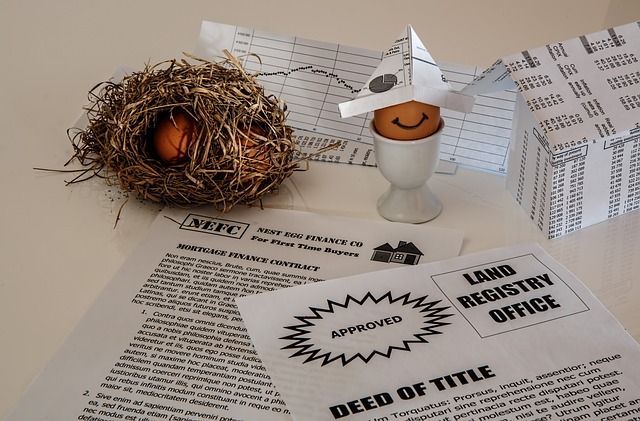Selling Your House: A Comprehensive Guide to Maximizing Your Property's Value
Deciding to sell your house is a significant life event that requires careful planning and execution. Whether you're upgrading, downsizing, or relocating, understanding the intricacies of the real estate market can help you navigate the selling process more effectively. This guide will walk you through the essential steps to sell your house successfully, from preparation to closing the deal.

What Factors Affect Your Home’s Market Value?
Several factors influence your property’s market value. Location is paramount – proximity to good schools, amenities, and transportation can significantly impact your home’s worth. The overall condition of your house, including recent renovations or upgrades, plays a crucial role. Square footage, number of bedrooms and bathrooms, and unique features like a pool or extensive landscaping can also affect the price. Additionally, current market conditions, such as interest rates and local housing supply and demand, will influence your home’s value.
How to Choose the Right Real Estate Agent
Selecting the right real estate agent can make a substantial difference in your selling experience. Look for an agent with extensive knowledge of your local market and a proven track record of successful sales. Interview multiple agents and ask about their marketing strategies, communication style, and commission rates. A good agent should provide a comparative market analysis to help you set a competitive price for your home. They should also have a strong network and utilize both traditional and digital marketing techniques to reach potential buyers.
What Are the Legal Requirements for Selling a House?
Navigating the legal aspects of selling a property is crucial to avoid potential pitfalls. You’ll need to prepare a seller’s disclosure statement, which outlines any known issues with the property. Ensure all necessary documents, such as the deed and title, are in order. Familiarize yourself with local and state regulations regarding real estate transactions, including any required inspections or certifications. It’s often wise to consult with a real estate attorney to review contracts and ensure compliance with all legal requirements.
How to Market Your Home Effectively
Effective marketing is key to attracting potential buyers and securing the best possible price for your home. Professional photography and virtual tours have become essential in today’s digital-first real estate market. Ensure your listing appears on major real estate websites and consider utilizing social media to reach a broader audience. Hosting open houses and private showings allows interested buyers to experience your home firsthand. Your real estate agent should develop a comprehensive marketing plan tailored to your property and local market conditions.
What to Expect During the Closing Process
The closing process is the final step in selling your house. Once you’ve accepted an offer, several steps typically follow. The buyer will usually conduct a home inspection and may request repairs or credits based on the findings. An appraisal will be performed to confirm the property’s value for the lender. You’ll need to clear any liens or encumbrances on the property. On closing day, you’ll sign the necessary documents to transfer ownership, pay any outstanding fees or taxes, and hand over the keys to the new owner. Your real estate agent and attorney can guide you through this process to ensure a smooth transaction.
Selling your house can be a complex process, but with proper preparation and guidance, it can also be a rewarding experience. By understanding the key aspects of the real estate market and working with experienced professionals, you can maximize your property’s value and achieve a successful sale. Remember that each real estate transaction is unique, so remain flexible and open to advice from your chosen experts throughout the selling journey.






